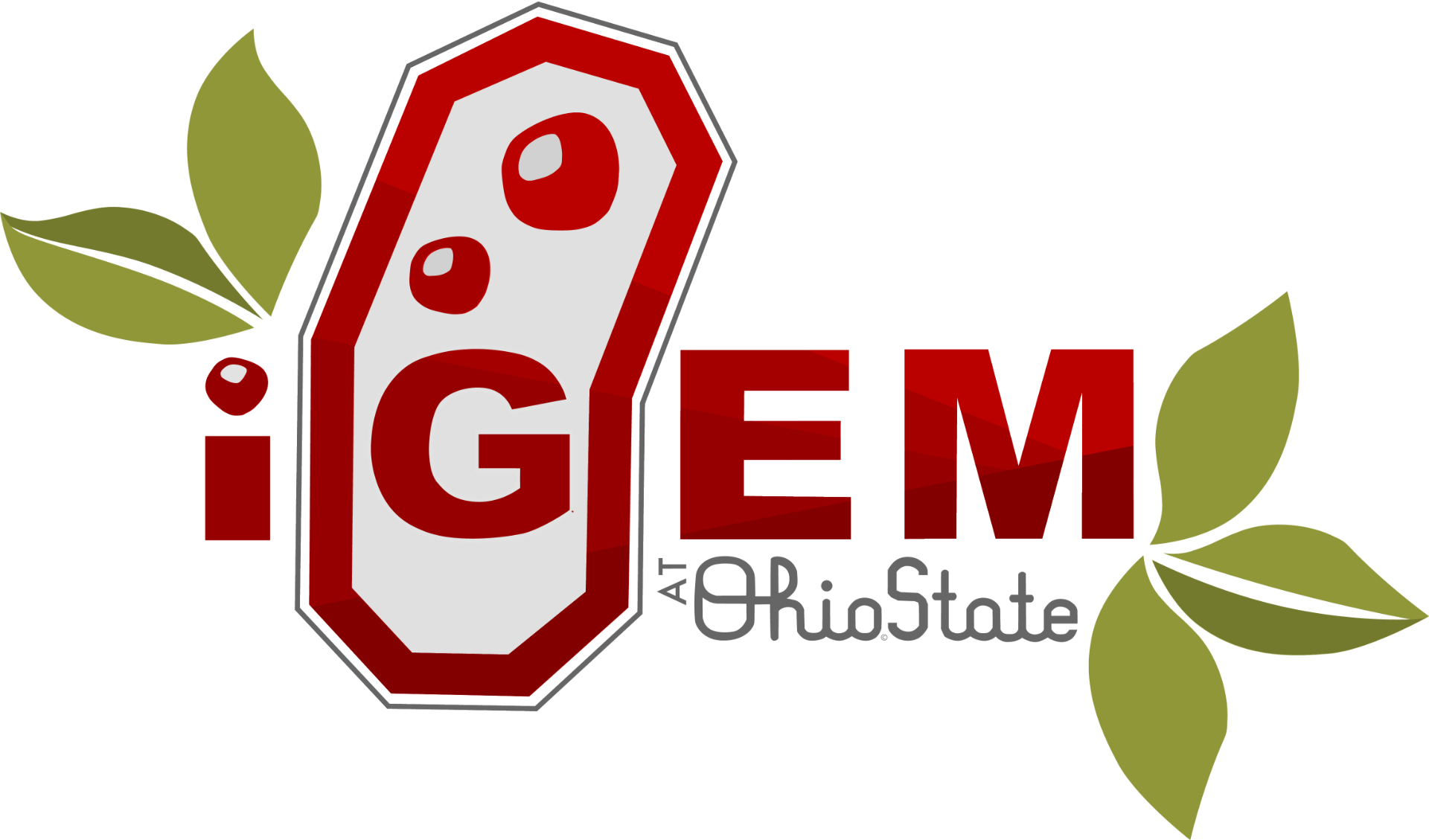2021
This year’s project worked to develop an engineered phage therapy to combat sepsis. Sepsis is caused by the overreaction of the immune system to an infection. This overreaction can starve organs of oxygen leading to tissue death, organ failure, and even death. When sepsis is caused by a bacterial infection, the immune system reacts to an endotoxin, lipid-A. Our solution was a phage that can kill bacteria and release molecules that competitively inhibit or modify lipid A such that the immune response is reduced. We designed recombinant plasmids with multiple promoters and different anti-lipid A genes to be inserted into the phage genome. Beyond the lab, we created a predictive model for baseline gene expression to compare promoter strengths. Additionally, we worked to propose legislation promoting phage therapy and spread awareness about sepsis by creating a children’s book. Learn more about our project by viewing our wiki site, promotional video, and presentation!
Awards: Gold Medal
2020
In 2020, we chose to focus on how the scientific community can implement synthetic biology safely by cataloging and characterizing biocontainment systems. These biocontainment systems can give the community in which these synthetic biology products are being used the confidence that they are safe and good for the world. In addition to our main project, we frequently met online with teams from India, Canada, Mexico and more to learn about biotechnology regulations around the world. Learn more about our project by viewing our wiki site, digital poster, promotional video, and presentation!
The 2020 OSU iGEM team consisted of Ankit Annapareddy, Annie Bete, Peter Burback, Lizzie Chung, Satvik Kethireddy, Nate Meyer, Megan Rinehart, Lindsey Shimoda, and Jacob Smith. The team was advised by Erin Connors, Allison Howell, Jacob Riina, and Andrew Schwieters, and directed by Anice Sabag-Daigle and Brian Ahmer in the Department of Microbial Infection and Immunity in the College of Medicine. The team is sponsored by generous funding from the College of Medicine and the campus-wide Infectious Diseases Institute.
Awards: Gold Medal, Best Foundational Advance Project, Nominated for Best Human Practices
2019
Our 2019 project, Maizotroph, focused on creating a synthetic diazotroph for supplementing maize growth. Throughout the summer we developed our project and produced two DNA parts to submit to the iGEM competition.
Outside of the wet lab we discussed our project with industry professionals learn about creating an environmentally responsible project. We also partnered with St. Joseph Montessori School to teach six to fourteen year old children about microbiology and synthetic biology over the course of three days. Finally, we collaborated with seven other iGEM teams. Through attending meetups, video chatting, and reviewing materials, we were able to further develop our iGEM project and help other teams to do the same.
Awards: Bronze Medal
